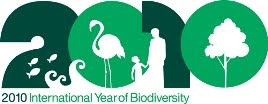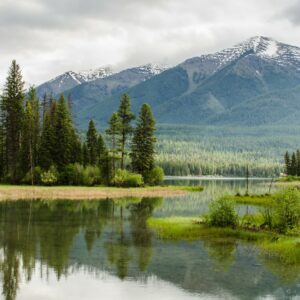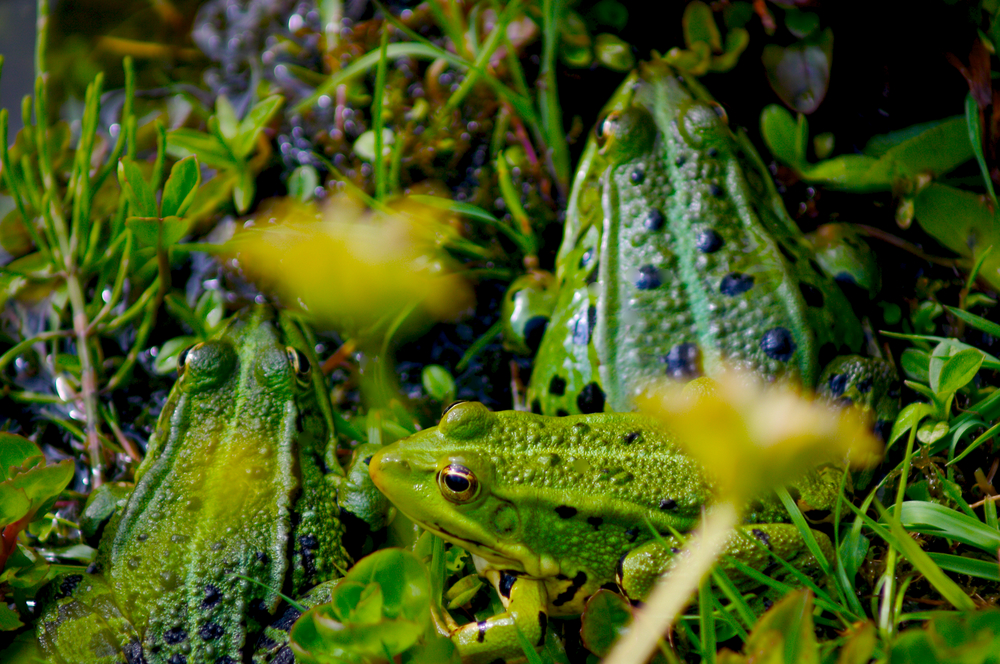What Does Biodiversity Mean to You?
Last month, we asked our readers to tell us what biodiversity means to them. This quick poll question was prompted partly by a story that indicated that a worrying number of people thought biodiversity was a brand of washing powder. Well, we are happy to report that Nature Canada’s readers did not think biodiversity was a cleaning product and for the most part understood its true meaning. To check out the survey results and responses please click here.
While several similar definitions exist, biodiversity is generally known as the variety of life forms on Earth – the genes, species and ecosystems that make up this planet we inhabit. The biodiversity we see today is the result of billions of years of evolutionary history, shaped by different combinations of life forms, their interactions with each other and their environment. Researchers and scientists use biodiversity as one measure to evaluate and monitor the health of ecosystems. Today, there are many millions of distinct biological species on Earth, almost all of which are increasingly altered by human activity, in ways that are lasting and difficult to predict.
What is becoming clear is that human activity is the main cause of biodiversity loss. Direct threats include changes in land use, the introduction or removal of species, pollution, resource consumption and climate change.
Biodiversity loss is significant because life on Earth depends on biodiversity. It is the source of food, fuel and water. It provides life-giving and irreplaceable services such as nutrient cycling, photosynthesis, water purification, climate regulation, pollination. Changes in biodiversity can therefore have profound effects on our health, livelihoods, culture and security.
In an effort to counteract the trends the United Nations declared 2010 as the International Year of Biodiversity (IYB). One key message of International Year of Biodiversity campaign is biodiversity is “essential to sustain the living networks and systems that provide us with health, wealth, food, fuel and the vital services our lives depend on,” as stated by the Convention on Biological Diversity, the international legal and binding treaty.
Nature Canada joined Countdown 2010 [an initiative of the International Union for Conservation of Nature (IUCN)], and pledged our commitment to help reduce biodiversity loss and ensure that all levels of government and society take action together to reduce biodiversity loss by 2010. With your help we gathered 1,840 signatures for the IYB petition/personal pledge that was sent last month to Prime Minister Stephen Harper, Environment Minister John Baird and the environment critics from each of the opposition parties, urging them to take the following five actions:
- Protect at least 50 per cent of Canada’s Boreal Forest;
- Protect Canada’s endangered wildlife by effectively implementing the Species at Risk Act;
- Save one of Canada’s greatest grasslands treasures and the wildlife that live there. Close the door on further industrial development within Alberta’s Suffield National Wildlife Area;
- Declare a moratorium on new tar sands expansion until environmental and human health
issues have been fully addressed;
- Commit to environmentally sustainable development in Canada’s North. Demand that the Mackenzie Gas Project proceed only if it does not negatively impact the region’s people and
wildlife.
As the International year of Biodiversity comes to a close, consider the words of famed Harvard University biologist—also referred to as the “father of biodiversity”—Edward O. Wilson who once said, “It is reckless to suppose that biodiversity can be diminished indefinitely without threatening humanity itself.”
Sources:
http://www.cbd.int/2010/biodiversity/
http://biodiversity.ca.gov/Biodiversity/biodiv_definition.html
http://supporter.naturecanada.ca/site/Survey?ACTION_REQUIRED=URI_ACTION_VIEW_REPORT&SURVEY_ID=3440
http://en.wikipedia.org/wiki/Biodiversity
Science Pages, October 2010, page 1.




